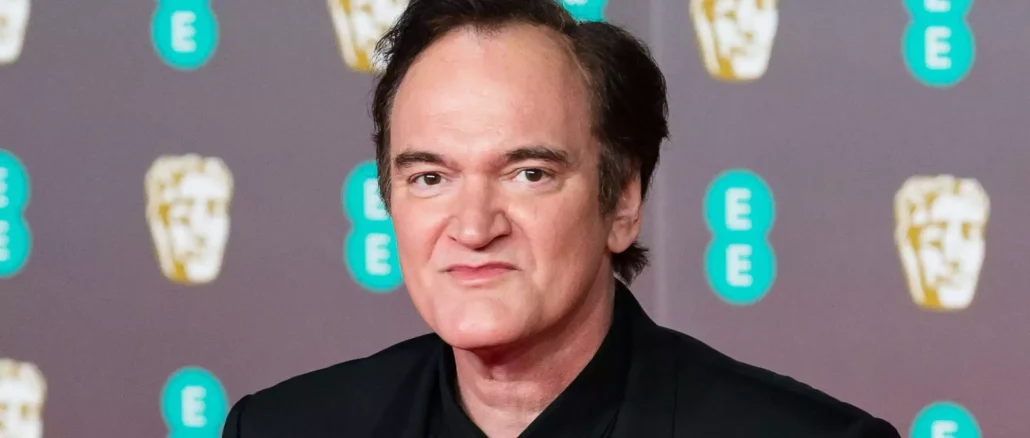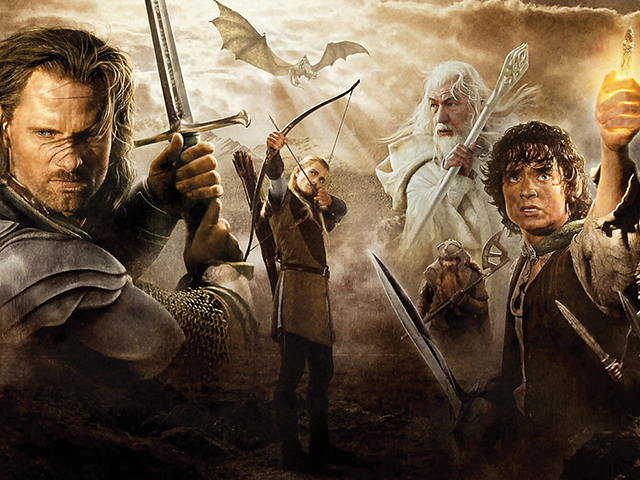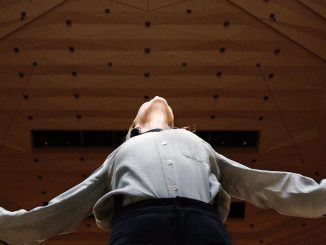
In a recent podcast appearance Quentin Tarantino claimed that the current era of cinema, along with the 1950s and 1980s, is the low point for the art form; stating “I do feel that ’80s cinema is, along with the ’50s the worst era in Hollywood history, matched only by now, matched only by the current era.”
Tarantino is obviously not alone in this critique of modern Hollywood, and I think his evocation of the 1950s and 1980s is indicative of why he dislikes contemporary Hollywood. All three decades are ones in which mainstream cinema is dominated by homogenous studio blockbusters and alternative cinema is relegated to the periphery. Tarantino further said in the same interview “the films that don’t conform are the ones that stand out from the pack.”
This makes perfect sense in the context of Tarantino, the poster boy of 1990s indie cinema, who grew up with New Hollywood, and has a history of conflict with major studios. He is also not alone in this sort of critique which is reminiscent of Martin Scorsese’s infamous criticism of Marvel and their dominance over contemporary mainstream cinema.
Currently, Hollywood is as controlled by major studios as it’s ever been, and those studios are as reluctant to take risks as they have ever been. There are fewer and fewer new original films each year, and more from franchises or pre-existing properties. Originality seems a rarity nowadays and directors with fresh new perspectives rarely get the chance to break into the mainstream in the way they once could, as was the case with Quentin Tarantino.
While his statement may come across as a bit hyperbolic, as is regularly the case with Tarantino, I think it is hard to not think that he has a point. Contemporary cinema is dominated by corporate homogeneity, and original artistic voices are as marginal as they have ever been. In this way cinema is at a low point in its history.



